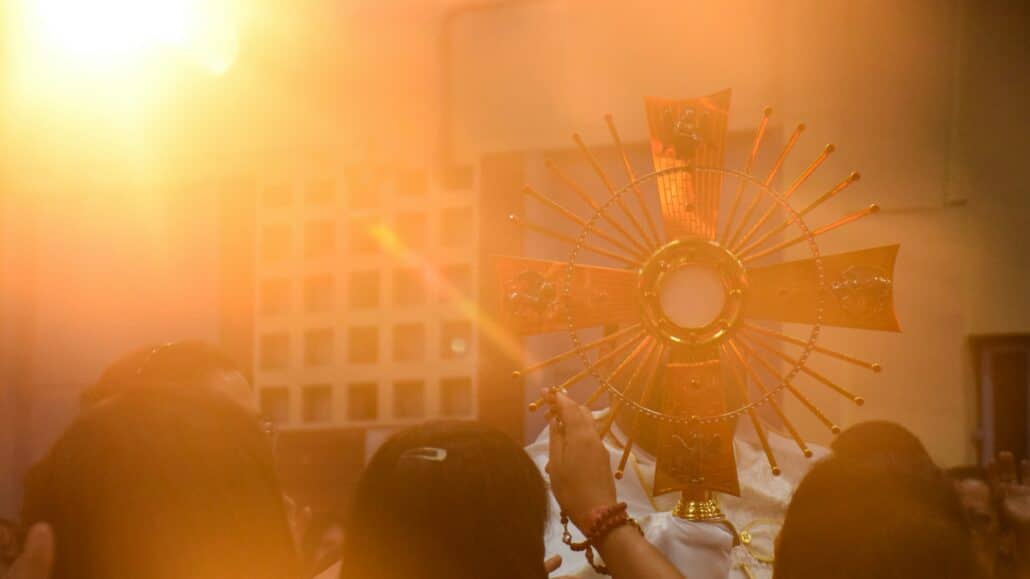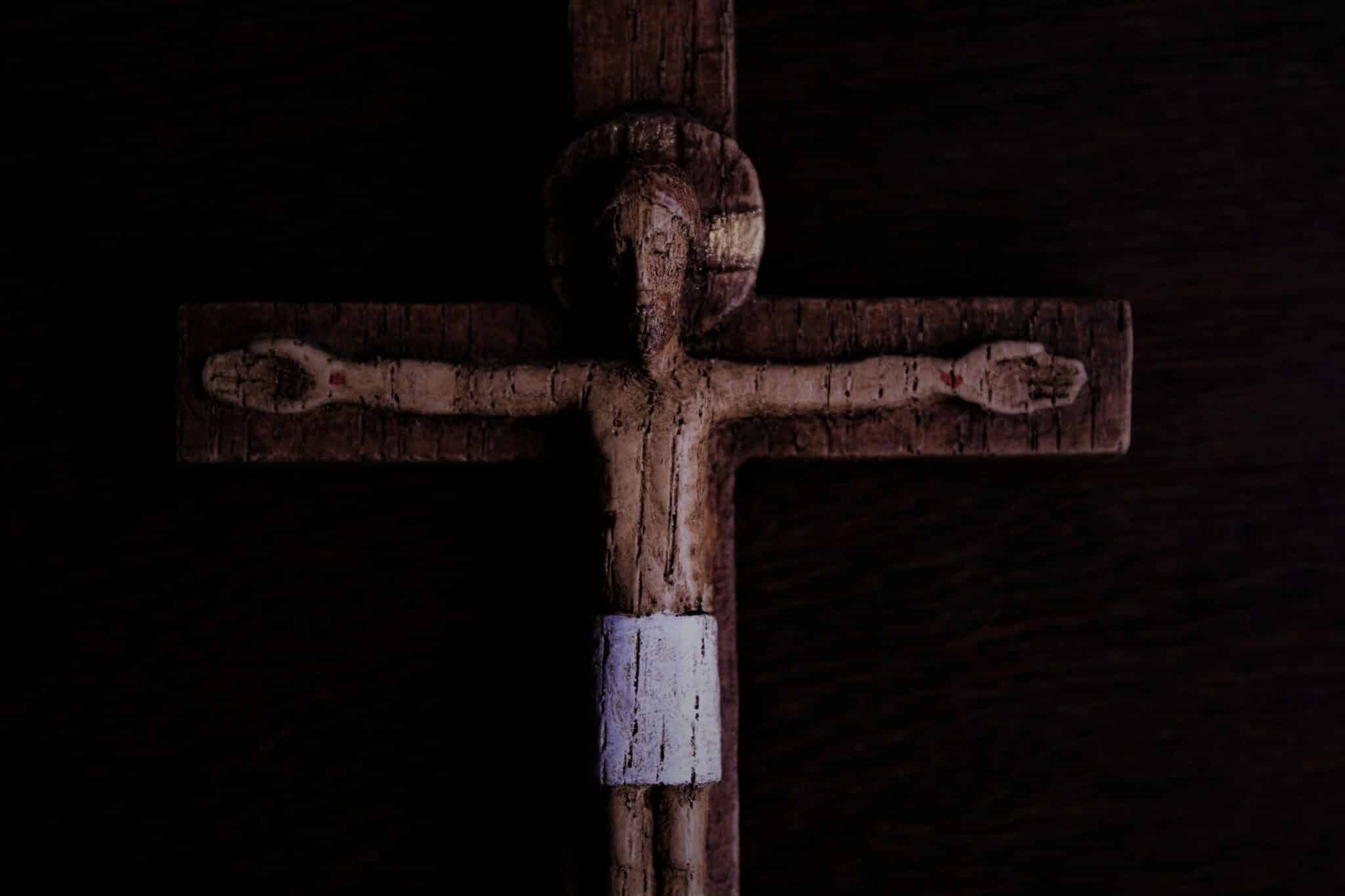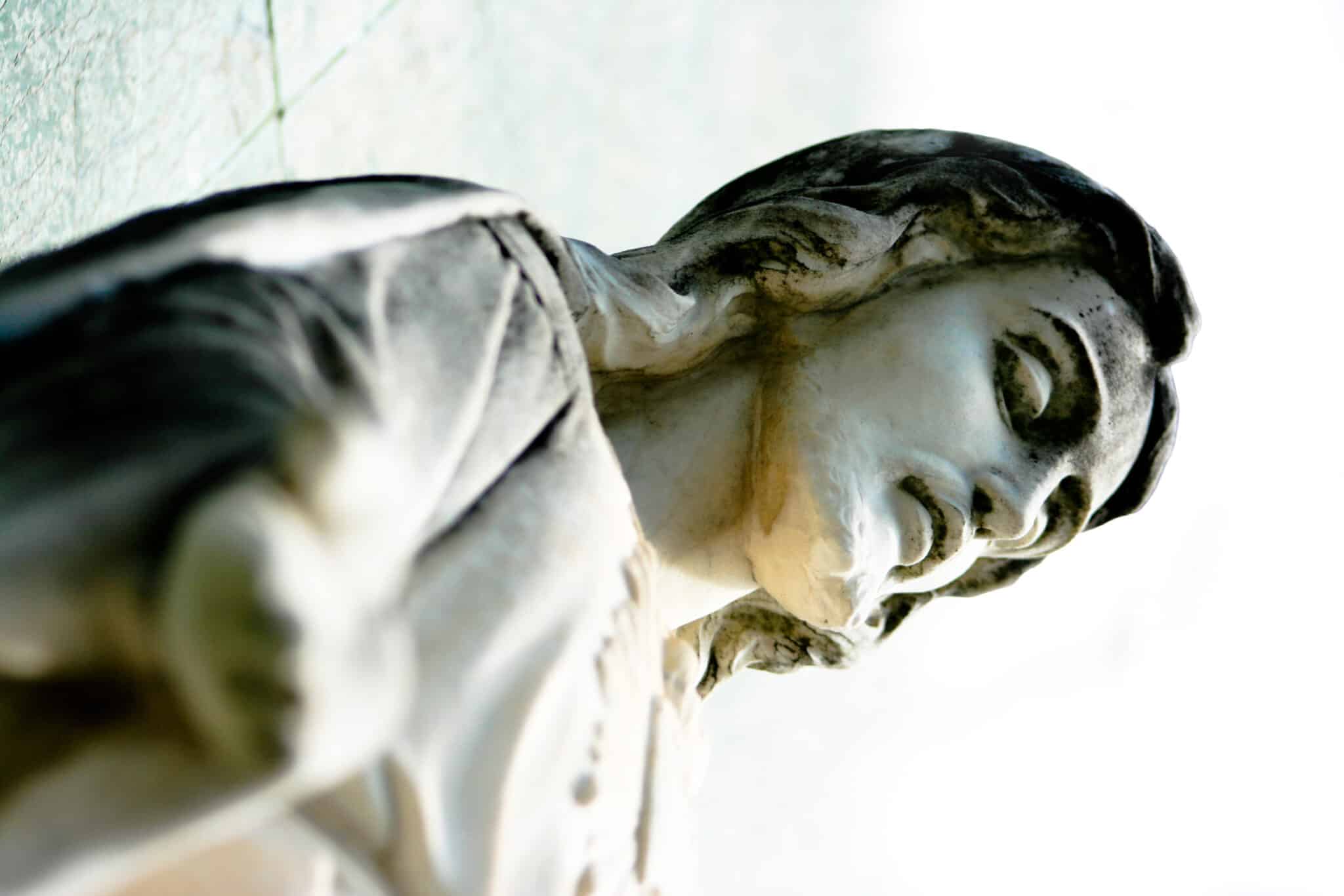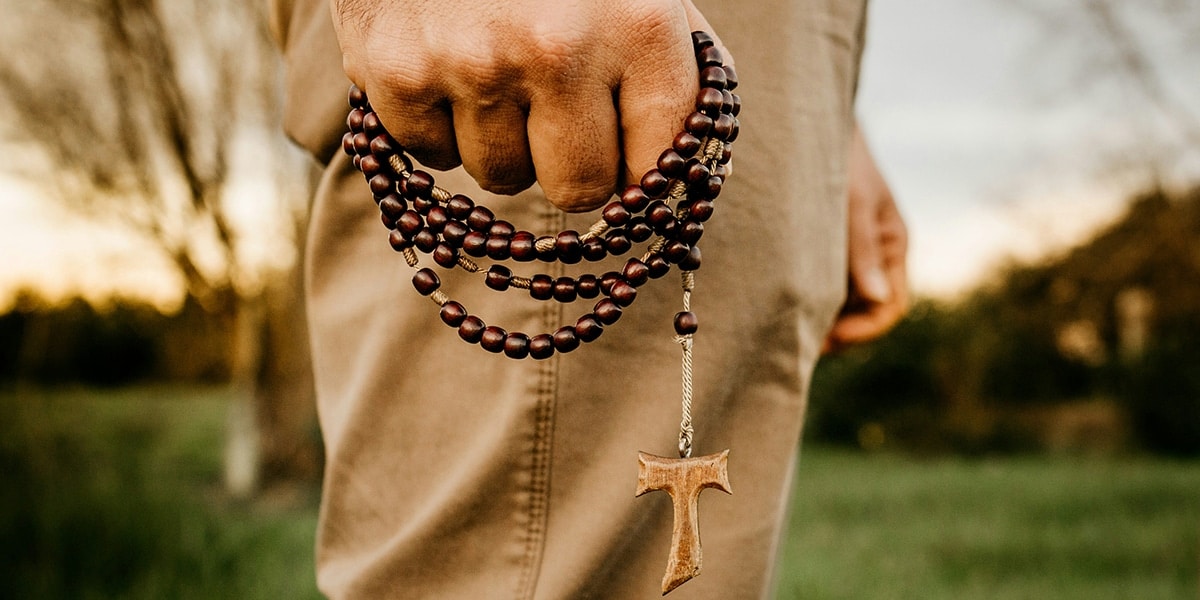As Catholics, we consider the Eucharist to be one of the most significant and important doctrines of our faith. But it is much more than a doctrine, written in a theology book. Our relationship with the Eucharist is one of the central experiences of our lives. It’s not just another teaching we can learn about. It is indeed our divine food for our journey on Earth and something we cannot imagine being without. It’s personal: The Eucharist is Jesus in the consecrated bread and wine.
Many people may not be able to fully explain the theology of the Eucharist. But those same people have no difficulty saying with utter conviction, “I believe and I know this is the body and blood of Jesus and that when I receive Eucharist at Mass, I receive Jesus into my very person. How do I know it? Why do I believe it? That’s simple. Jesus said it was, just as he told his apostles at the Last Supper, and that is good enough for me. This is why a child of six can receive the Eucharist in faith in the same way as a most learned theologian. For both it is an act of faith but by no means blind faith. It is simply taking Jesus at his word.
An Incident at the Hospital
I want to tell you of an experience I had which demonstrates this in a most beautiful way. A number of years ago, I was chaplain at a large Midwestern retirement center. Once in a while I got a phone call from one of the local public hospitals to come help them in an emergency. One Sunday afternoon, I was just getting bite to eat, ready to sit down and watch the final round of a PGA golf tournament, when the phone rang. It was an emergency room of a nearby hospital asking me to come over.
The squad had just brought in a man who had had a heart attack. He was Catholic. They had contacted his wife and asked that I come to be there when she arrived. I dropped everything and quickly got to the hospital. The man had been at an office summer picnic and seemed all right. Unexpectedly, at about 2 p.m., he suffered a massive heart attack and died on his way to the hospital. They did not tell the wife he had died because of concern that if she were driving it might become a dangerous situation for her.
I went to the cubicle where the man was laid and prayed the prayers for the deceased. (Let us call the man George and his wife Alma, to protect their privacy.) Then I waited for her outside the emergency room since it was crowded and did not want to tell her the bad news in a room full of people. She arrived, thankfully with her two grown daughters for support. When they saw me, they guessed the worst—that George was dead. Of course there were many tears. We were able to find a private visiting room where Alma and her daughters could gather themselves. A doctor came in, explained what had happened and told them that there was nothing anyone could have done because the heart attack was massive.
Faith Comes Alive
Alma and her girls gathered up their courage and we went to see her deceased husband. Of course that brought more tears of sadness and loss. For their sakes, I repeated the prayers for the deceased. In a little while there was quiet, and I asked Alma what she had done earlier that morning. She said, “Well, Father, we went to the 11 a.m. Mass as usual.” And I asked, “Do you remember what happened at Mass?” “Hmmm, well yes, George as I went to Communion as we always do.” And I said to her very quietly, “And Alma, remember what Jesus said: ‘Whoever eats my flesh and drinks my blood will never die; he will have eternal life.’” She looked at me, eyes wide open, then looked at her deceased husband on the gurney and then put her hand very gently on her dead husband’s chest, looked at his face and said with firm conviction, “I know where you are, George, I know where you are!” And in that moment, in the midst of shock and sorrow, there arose in her heart the faith she had held dear from her childhood and which now convinced her more than ever before, “My dear husband is with the Lord.”
Alma had never believed more firmly in her life than at that moment this basic truth: The Eucharist means a promise of life everlasting. Next Sunday, at Eucharist, when you say “Amen” you are making your act of faith because the word “Amen” means, “I believe.” And with it you have the Lord’s promise of everlasting life.








